We love our furry friends. Our history with cats and dogs goes back thousands of years, and in both cases, the domestication process was more or less mutual - although there is an argument to be made that cats tamed us and not the other way around. The famed science-fiction scribe and feline aficionado Robert Heinlein was known to have observed that "dogs have owners, and cats have staff."
But what happens with our furry friends if we die suddenly and leave them to fend for themselves? It turns out that, despite the millennia of bonding between species, our pets may well snack on our remains.
Australian police probably expected a gruesome scene when they checked on a 69-year-old man suspected to have been dead for days. But when they opened the door to his home, they didn’t expect the approximately 30 cats that came flooding out. Inside, they found the man’s body on the floor, with his face gnawed down to the skull and his heart and lungs gone. As if to dispel any doubt about what happened, one cat was still sitting inside the man’s emptied chest cavity.
“You’d think it was a bear or something,” says Roger Byard, a forensic pathologist at the University of Adelaide who wrote about the case in 2020. (Note for the squeamish: There are disturbing images in the paper.)
The Australian incident wasn’t unusual. “I think we have to come to the conclusion that our pets will eat us,” says Carolyn Rando, a forensic anthropologist at University College London. “It’s just a fact of life.”
It is a fact of life. These two best friends of ours, Felis catus and Canis lupus familiaris, are meat-eaters, members of the order Carnivora, and most carnivores are opportunistic feeders. That means, in extremis, after your passing your pets may well view you as food, no matter how close your bond was in life.
See Related: Merry Christmas! Air Force NCO Reunited With His Dog After Two Years
Here's the shocking bit: It may not even take actual starvation to start the process.
Researchers think hunger is usually the main motivation, though some pets may not wait until their tummy starts grumbling. “Everyone wants to think it’d be a while,” Rando says. But animals might become worried about their unresponsive special person—especially if the death is violent or sudden—and lick their owner’s face seeking comfort. That licking can quickly turn into feeding.
Yipes.
Opportunistic feeders, as noted above, will eat carrion. Dogs are more likely to than cats; canids are frequently scavengers as well as predators, while felids are more likely to be hyper-predators, eating mostly what they kill; but note that a lifetime of being fed can dull that instinct in domestic felines. We have, in effect, trained our cats to eat what is on offer, whereas dogs are already known to eat, well, just about anything.
See Related: Dog Chows Down $4,000 Cash - Bad Dog! Bad Dog!
So, yes, if you die suddenly, your cat may well eat your face.
Here's the thing: having been a pet owner myself in the past (although not at the moment) and knowing dog and cat people, is this really that bad a thing? As we grow older - and I'm in my early sixties, and so am starting to contemplate these possibilities - we face the possibility that we may die suddenly, and if we live alone, our passing may not be discovered for some time. That's sad, but it happens. And in that case, would you rather have your beloved little Fido or Fluffy starve to death instead of snacking on a stringy old carcass for which you no longer have any use?
I'd rather have my pet survive. I'll be gone, after all. But I would hope, had I a dog or cat I loved, that the critter would be able to survive long enough for someone to find and succor it.
That's just my attitude, granted, but I see it as the best of several bad options. Would I Shih Tzu?
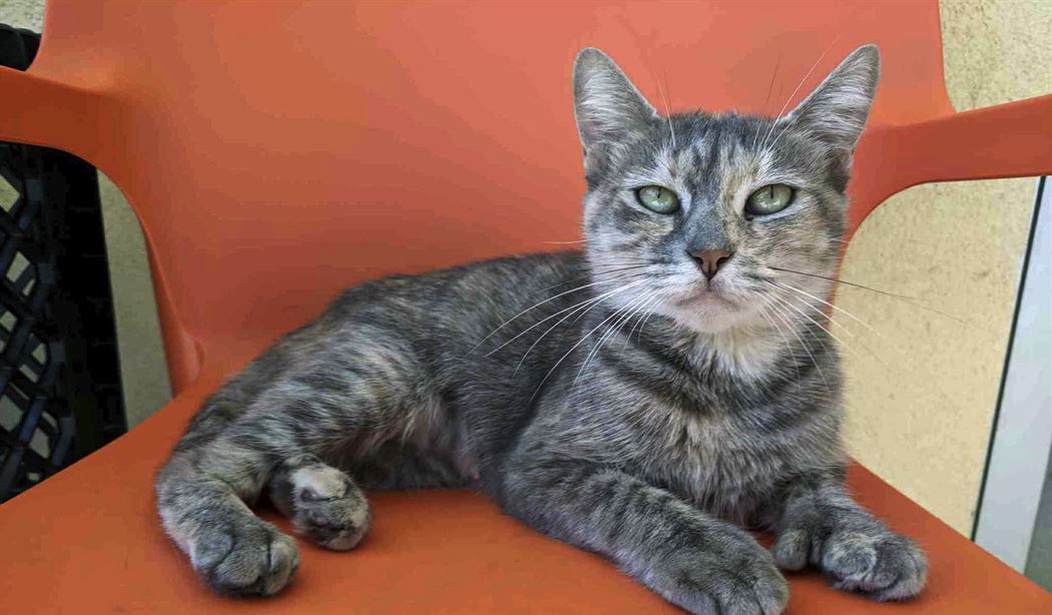


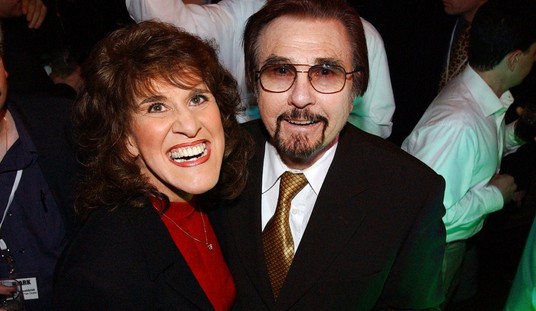
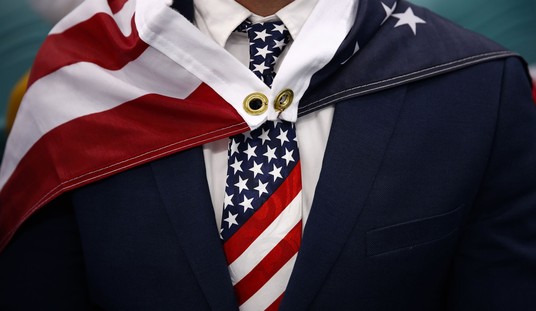
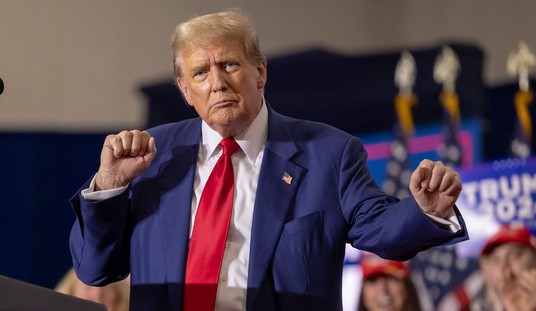
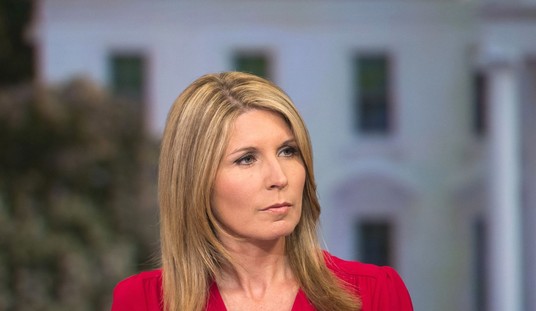
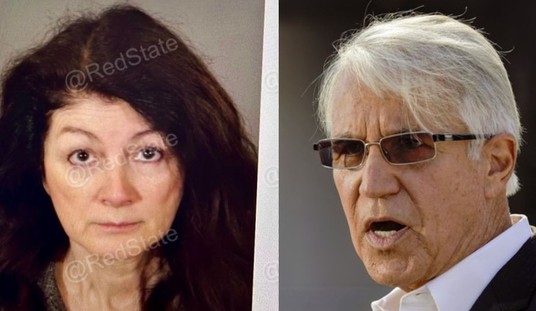
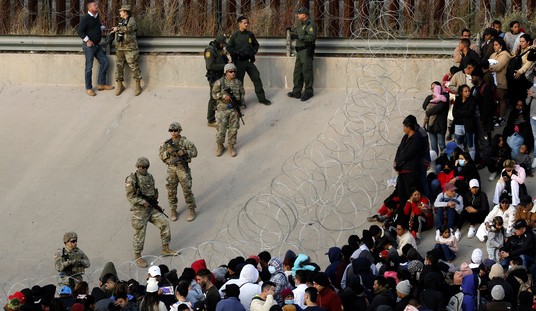





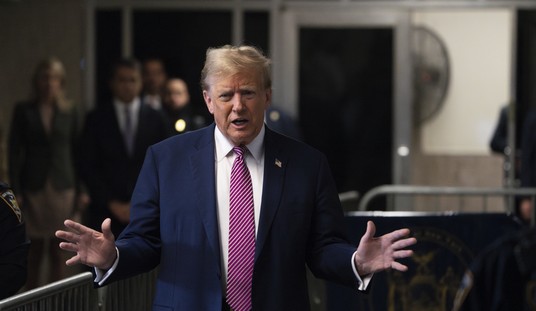
Join the conversation as a VIP Member